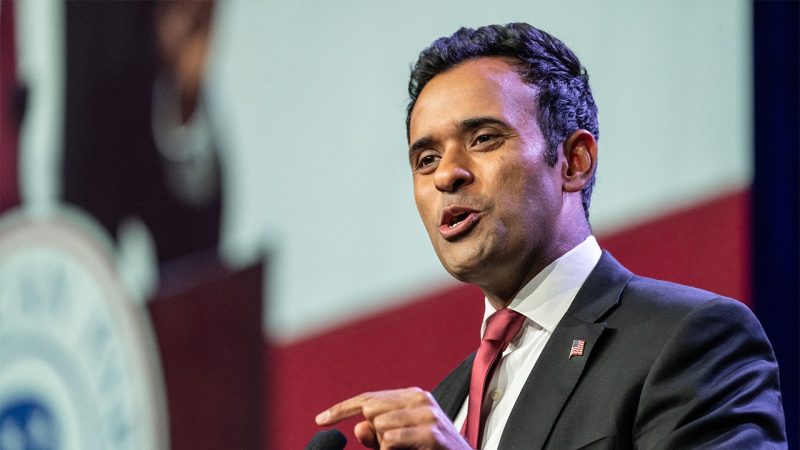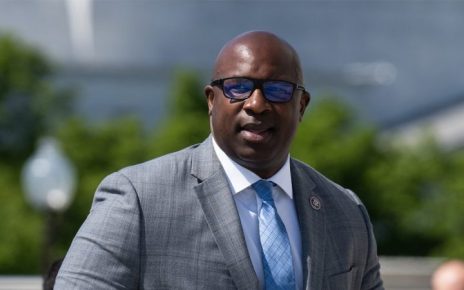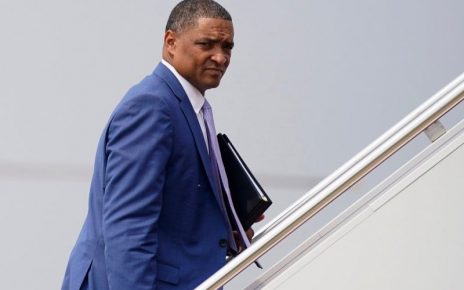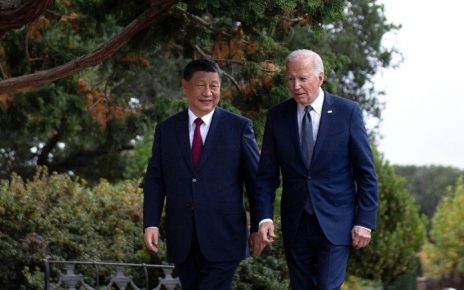
Ramaswamy’s vow to defend Taiwan from China until the US achieves semiconductor independence by 2028 could be seen as an exceptionally brave and heartfelt promise, one that echoes the stance of many US allies and members of the international community. But for Americans, determining what that commitment really means — and who will be responsible for upholding it — is a difficult task.
Ramaswamy’s promise is driven in part by his conviction that the United States should not be dependent on China for critical technologies. But the challenge will not just be in developing the necessary technologies; it will also be in achieving the partnerships needed to both build and secure them.
Because the US semiconductor industry is so heavily reliant on Chinese components, a major challenge will be finding reliable suppliers for key components to ensure US semiconductor independence. This means looking into countries and companies that are not only friendly to the US interests, but also ones whose products meet strict quality and security requirements.
To safeguard US semiconductor independence, the US and other nations will need close coordination and strong diplomatic ties with key strategic partners, such as Taiwan, Japan, South Korea, and Europe. Such an effort would require difficult negotiations, dedicated resources, and perhaps even a new industry alliance.
Realizing this dream of semiconductor independence will also require a variety of international initiatives and investments to accelerate the development and production of US or allied-built components, devices, systems, and architectures that are essential for leadership in the global semiconductor industry. US institutions like defense and development agencies, US government contractors, universities, and private technology companies will need to be involved in the development of a plan to ensure US semiconductor independence.
By offering his vow to defend Taiwan until the US has semiconductor independence in 2028, Ramaswamy recognizes the importance of the challenge before us and, more importantly, its urgency. While the exact contours of this commitment are still to be determined, it serves as a powerful reminder that our nation needs to take the global battle for semiconductor dominance seriously, as our future prosperity and security depend upon it.




